10 Healthcare Challenges Solved by AI Chatbots and LLMs
AI chatbots & LLMs solve 10 healthcare challenges, improving patient care across the industry.


10 Healthcare Challenges Solved by AI Chatbots and LLMs
The healthcare industry faces unprecedented pressure, with numerous challenges affecting both providers and patients.
In the U.S., physicians dedicate an average of 15 hours per week to paperwork, which contributes to high burnout rates and delays in patient access to care. Approximately 24.4% of patients report delays in receiving care.
Additionally, the annual CAQH Index report showed a staggering 50% increase in administrative costs in healthcare in 2022, reaching $82.7 billion, with half of this spending considered wasteful.

Recent advancements in artificial intelligence (AI) are revolutionizing healthcare. AI chatbots in healthcare and Large Language Models (LLMs) offer innovative solutions to address these issues, improving efficiency and patient engagement.
Here, we explore 10 critical healthcare challenges and how AI-powered chatbots and LLMs are offering groundbreaking solutions.
You Can Also Read Doctor AI: The Rise of Generative AI in Healthcare
Administrative Overload
Healthcare professionals face overwhelming administrative burdens, such as data entry, appointment scheduling, and managing patient records.
For example, prior authorizations account for 77% of the increase in healthcare administrative spending, with providers spending 16 minutes on portal-based authorizations and 11 minutes on electronic ones.
This is further supported by a study published in the ACP Journal, which shows that physicians spend more time on administrative tasks than on direct patient care.
AI chatbots in healthcare services and some LLMs alleviate this burden. Chatbots can handle routine tasks like appointment scheduling and insurance claims processing, reducing errors and streamlining workflows. Furthermore, AI can automate Electronic Health Records (EHR) updates, freeing up healthcare providers to focus on patient care.
More of LLMs in Healthcare here: LLMs in Healthcare 2024: Enhancing, Not Replacing, Doctors
Lack of Patient Engagement
Patient engagement is crucial but challenging, as many patients struggle with health literacy issues or receive insufficient follow-up care.
This results in missed appointments, poor medication adherence, and higher hospital readmission rates.
AI can enhance patient engagement through real-time, personalized interactions. AI chatbots in healthcare send medication reminders, provide easy-to-understand explanations of treatment plans, and offer follow-up care guidance, improving overall patient outcomes.
Limited Access to Healthcare
Access to healthcare is a persistent challenge, particularly in rural or underserved areas, where patients often face long travel distances or limited healthcare facilities.
AI-powered virtual health assistants bridge this gap by offering remote healthcare services 24/7. These assistants can triage symptoms, perform initial consultations, and guide patients on the next steps in their care journey, making healthcare more accessible regardless of geographic location.
A journal on Patient Satisfaction with Telemedicine showcased 88% of patients agreeing that a virtual consultation was more convenient than an in-person visit.
Overwhelming Amounts of Medical Data
Healthcare generates an enormous volume of data daily.
Providers are often overwhelmed by the sheer amount of information, leading to delays in diagnosis and treatment. In fact, 53% of IT problems in healthcare are linked to patient harm or death, often due to data entry or retrieval errors.
Add that to 32% of healthcare organizations reporting duplicate patient records, which can lead to confusion, miscommunication, and, ultimately, compromised patient safety.
AI chatbots in healthcare and Large Language Models (LLMs) can rapidly analyze large datasets, extracting insights in real-time. By identifying patterns and trends, AI enables healthcare providers to make faster, more accurate decisions, improving patient care and safety.
Shortage of Healthcare Professionals
The global shortage of healthcare workers is a critical issue.
The World Health Organization (WHO) projects a shortfall of 10 million health workers by 2030, primarily in low- and middle-income countries.
By 2026, the U.S. is expected to face a critical shortage of approximately 3.2 million healthcare workers, exacerbated by the ongoing impacts of the COVID-19 pandemic.
.jpeg)
AI in healthcare staffing is emerging as a potential solution to alleviate the strain on healthcare professionals.
AI systems like AI Chatbots and LLMs in healthcare can efficiently handle tasks such as answering frequently asked questions, scheduling appointments, and even providing essential health advice so healthcare professionals can dedicate more time to critical care cases.
Additionally, AI for patient triage is increasingly important in managing the initial stages of patient care. AI chatbots in healthcare can quickly assess a patient’s symptoms and provide real-time triage. This reduces unnecessary hospital visits and allows healthcare workers to focus on more severe cases.
Managing Chronic Conditions
Chronic diseases, such as diabetes, hypertension, and heart disease, represent a significant challenge for healthcare systems worldwide.
Patients with these conditions require continuous monitoring, regular follow-ups, and adjustments to their treatment plans, which substantially strains healthcare resources.
In fact, approximately 60% of adults in the U.S. have at least one chronic condition, leading to 75% of total healthcare spending being directed toward managing these diseases.
Hospitals and clinics are often overwhelmed with these patients' ongoing care needs, leading to longer appointment wait times—averaging 24 days for new patient appointments in primary care—and less personalized care. As the prevalence of chronic diseases continues to rise, healthcare providers are finding it increasingly challenging to meet the demand for consistent, high-quality care.
AI-powered remote monitoring systems help manage chronic conditions by detecting changes in patients' health and facilitating timely interventions. Studies have shown that AI in remote monitoring can reduce hospital readmissions by 30% and improve medication adherence by 20%.
Communication Barriers
Language barriers can hinder effective communication between patients and healthcare providers, leading to misunderstandings and medical errors. Studies indicate that patients and providers who don’t share a common language are twice as likely to experience medical errors.
AI for multilingual communication in healthcare is changing how language barriers are addressed in medical settings. AI-powered tools, such as healthcare AI chatbots and LLMs and translation systems, can provide real-time translation services that allow patients to communicate with their providers in their preferred language.
This helps reduce medical errors—estimated to occur in 1 out of every 20 hospital admissions due to miscommunication.
Fragmented Care
When multiple providers are involved in a patient’s care, communication gaps can lead to fragmented care, resulting in unnecessary hospitalizations and delayed treatments.
Studies indicate that fragmented care can result in 20% of patients experiencing unnecessary hospitalizations due to lack of coordination.
AI for care coordination can transform healthcare providers' collaboration by serving as a central hub for patient data and communication.
For instance, AI systems can reduce treatment delays by up to 30% by automatically notifying relevant healthcare providers about changes in the patient’s condition or when a follow-up is required.
With virtual care management powered by AI, care plans can be streamlined and tailored to each patient’s needs. This reduces treatment delays and enhances healthcare delivery efficiency; Studies show that implementing AI in care coordination can improve patient outcomes by 25% while driving down costs associated with unnecessary procedures and hospital readmissions.
Managing the Mental Health Crisis
The global mental health crisis is intensifying, with increasing numbers of individuals seeking help for conditions like anxiety, depression, and other psychological disorders.
In 2021, 22.8% of U.S. adults—about 57.8 million people—experienced mental illness. However, access to care remains limited due to a shortage of mental health professionals, with one provider for every 340 individuals.
Long wait times, averaging 24 days, coupled with the stigma surrounding mental health, often delay treatment, leading to worsening symptoms. In severe cases, this can result in heightened risks of self-harm, with 5.5% of adults reporting severe suicidal thoughts in 2021.
-2.jpeg)
AI-powered mental health solutions are emerging as vital tools to bridge the gap in care. AI chatbots, available 24/7, offer virtual counseling and therapeutic support to individuals who cannot access immediate professional help.
These chatbots provide privacy, convenience, and timely intervention, bypassing traditional barriers such as long waits and social stigma. Equipped with evidence-based techniques like Cognitive Behavioral Therapy (CBT), these tools guide users through exercises to manage symptoms of anxiety, depression, and stress, making mental health support more accessible and scalable.
Informed Consent and Legal Compliance
Ensuring patients fully understand the risks and benefits of medical procedures is critical.
Yet up to 80% of patients struggle to comprehend information provided during the consent process.
AI simplifies the informed consent process by explaining complex medical terms in layman’s language, improving patient understanding by 30%. AI-driven systems also help ensure legal compliance, reducing documentation errors by 40% and streamlining administrative tasks.
Read also : Challenges in Generative AI: Facts vs Myths
Overall ,
AI chatbots and LLMs are transforming the healthcare industry by addressing many long-standing challenges.
These technologies are helping reduce administrative overload, improve patient engagement, and manage chronic conditions more efficiently. They are also making healthcare more accessible through virtual care options and overcoming communication barriers with multilingual support.
In addition, AI-driven solutions assist critical areas like mental health crises, offer scalable support, and ensure patients fully understand their medical procedures with informed consent tools.
As AI continues to reshape the healthcare landscape, it’s clear that adopting these technologies is no longer optional—it’s essential.
Healthcare organizations must embrace this innovation to meet growing industry demands and stay competitive in delivering high-quality, accessible care.
Streamline Healthcare Bookings with Makebot.ai
Makebot.ai’s Healthcare Chatbots offer patients a seamless, hassle-free experience when booking appointments with their favorite healthcare providers.
Whether it’s at Formiz Women’s Hospital or Maypure Clinic, our chatbot ensures real-time bookings and provides tailored medical services based on the patient’s specific needs. Plus, it displays detailed information about medical staff and hospital services, enhancing patient confidence.
Key Features:
- Real-time Appointment Booking: Book instantly with your preferred healthcare provider.
- Customized Services: Access medical services and staff information tailored to your needs.
- Efficient Labor Utilization: Let healthcare professionals focus on critical tasks while our chatbot handles routine inquiries and appointments.
- Instant Information Retrieval: Receive relevant medical information based on your health history.
Simplify Your Bookings Today
Tired of cumbersome booking processes?
Let Makebot’s healthcare chatbot streamline your appointments and provide the information you need, when you need it. Say goodbye to long wait times and tedious phone calls.
Contact Us for a Demo
Discover how our chatbot can transform your hospital’s operations.
📞 Tel: +82-2-2039-2626
✉️ Email: b2b@makebot.ai
🌍 Address: 1311, Hanshin IT Tower, Digital-ro 272, Guro-gu, Seoul, South Korea
Stay Updated
Join our newsletter and stay ahead of the curve with the latest in AI chatbot innovations!
Makebot.ai – The AI chatbot leader in South Korea and APAC.

Studies Reveal Generative AI Enhances Physician-Patient Communication


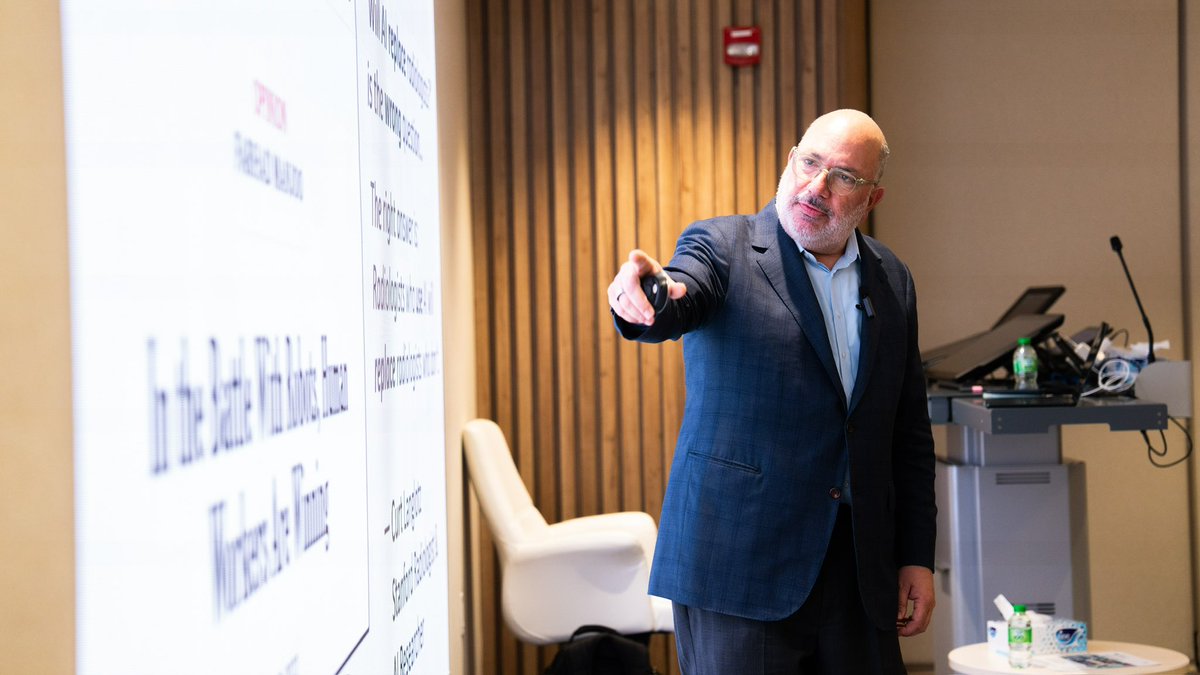

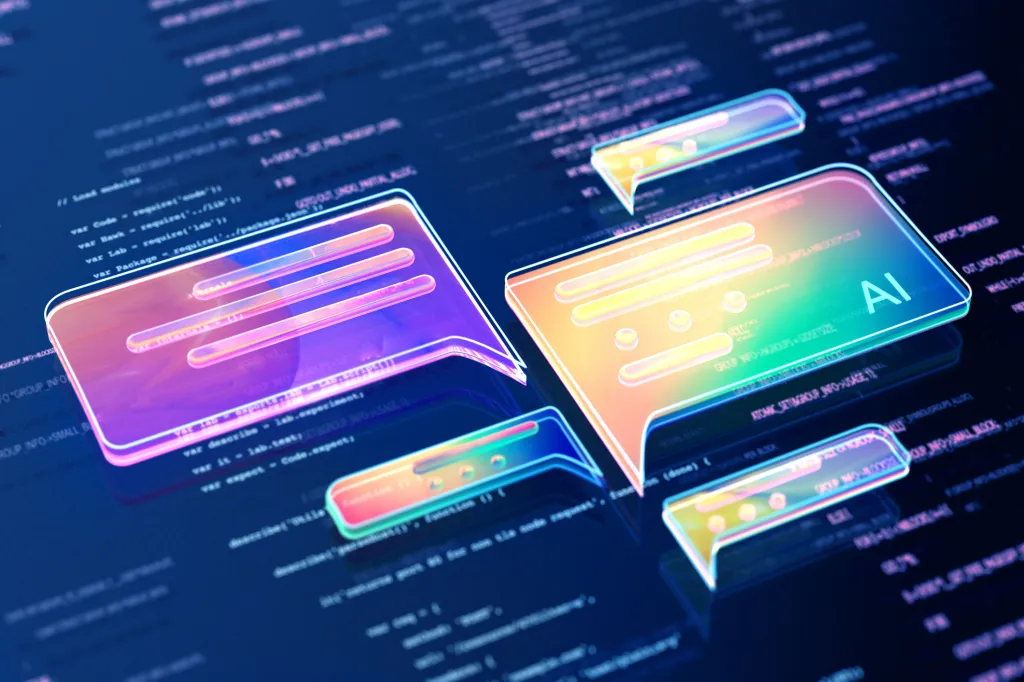



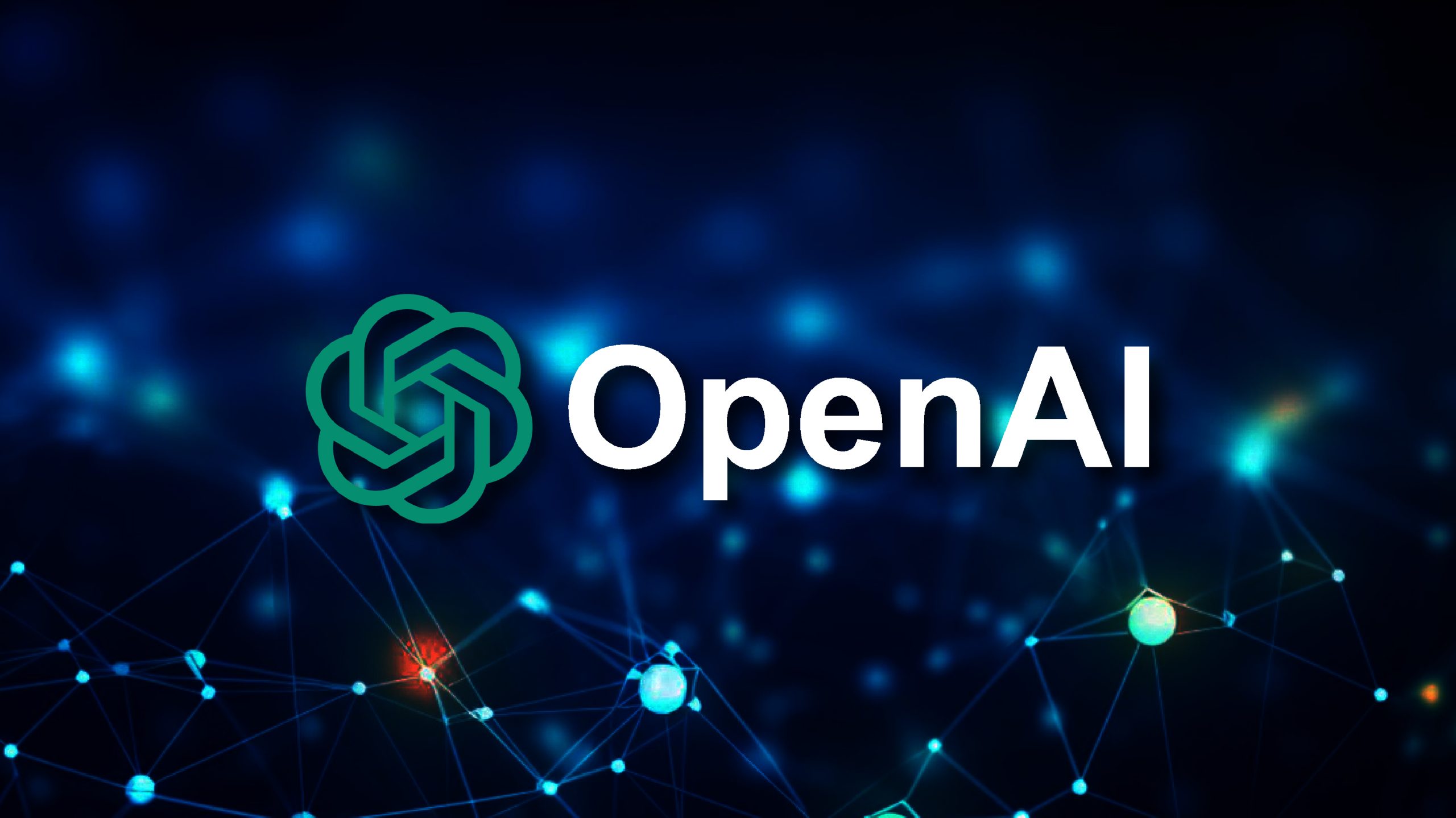



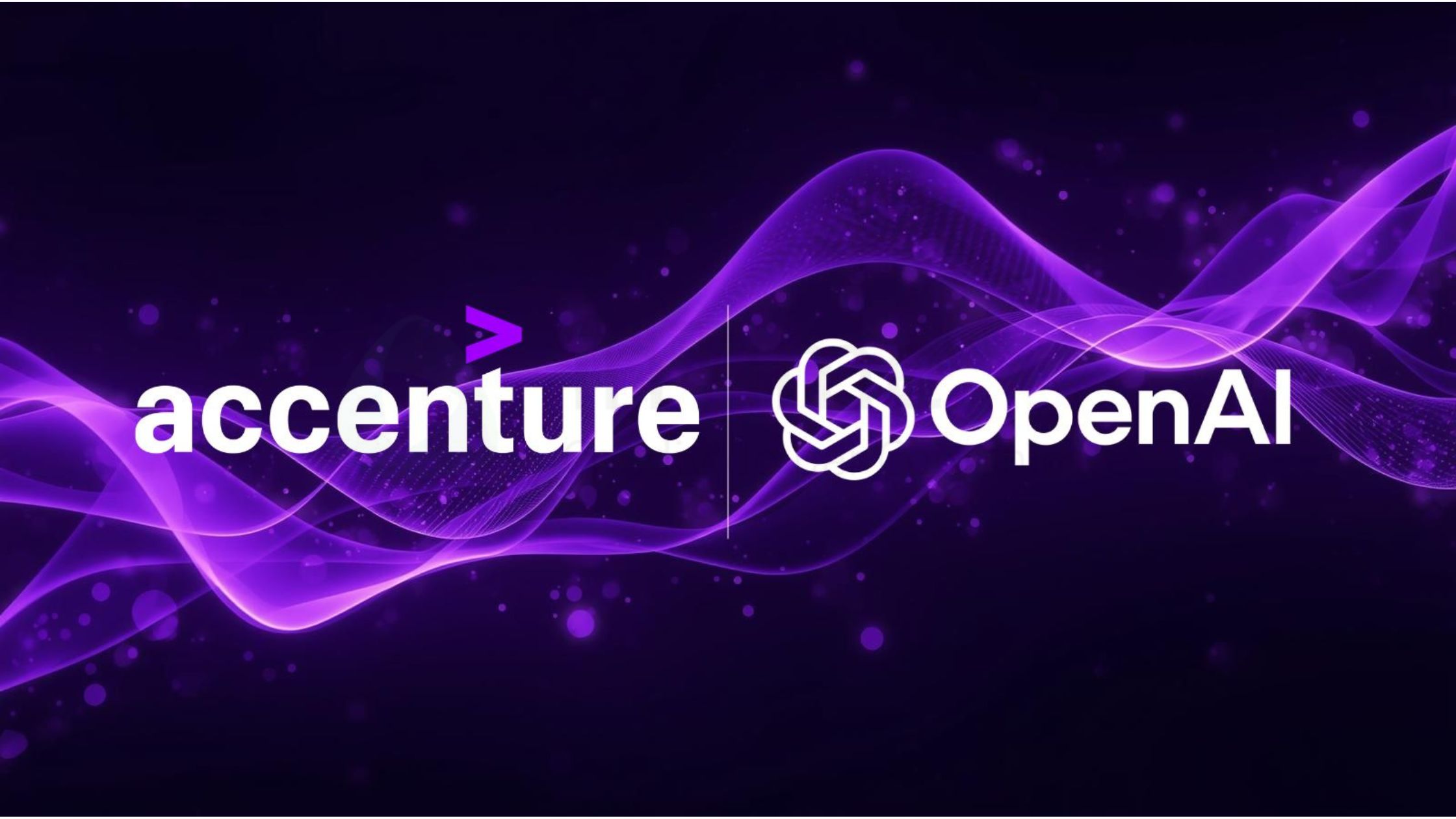
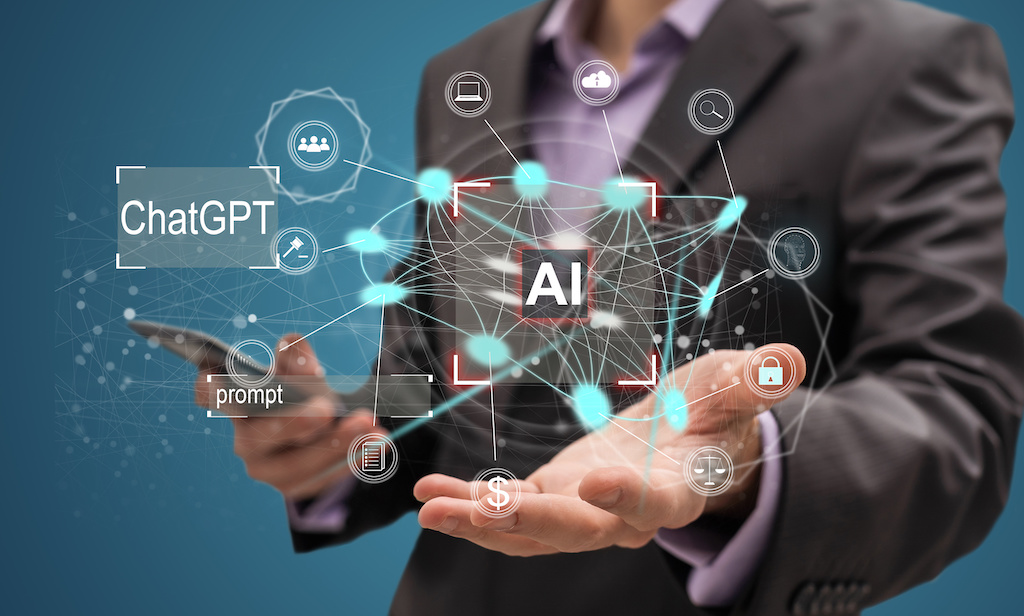









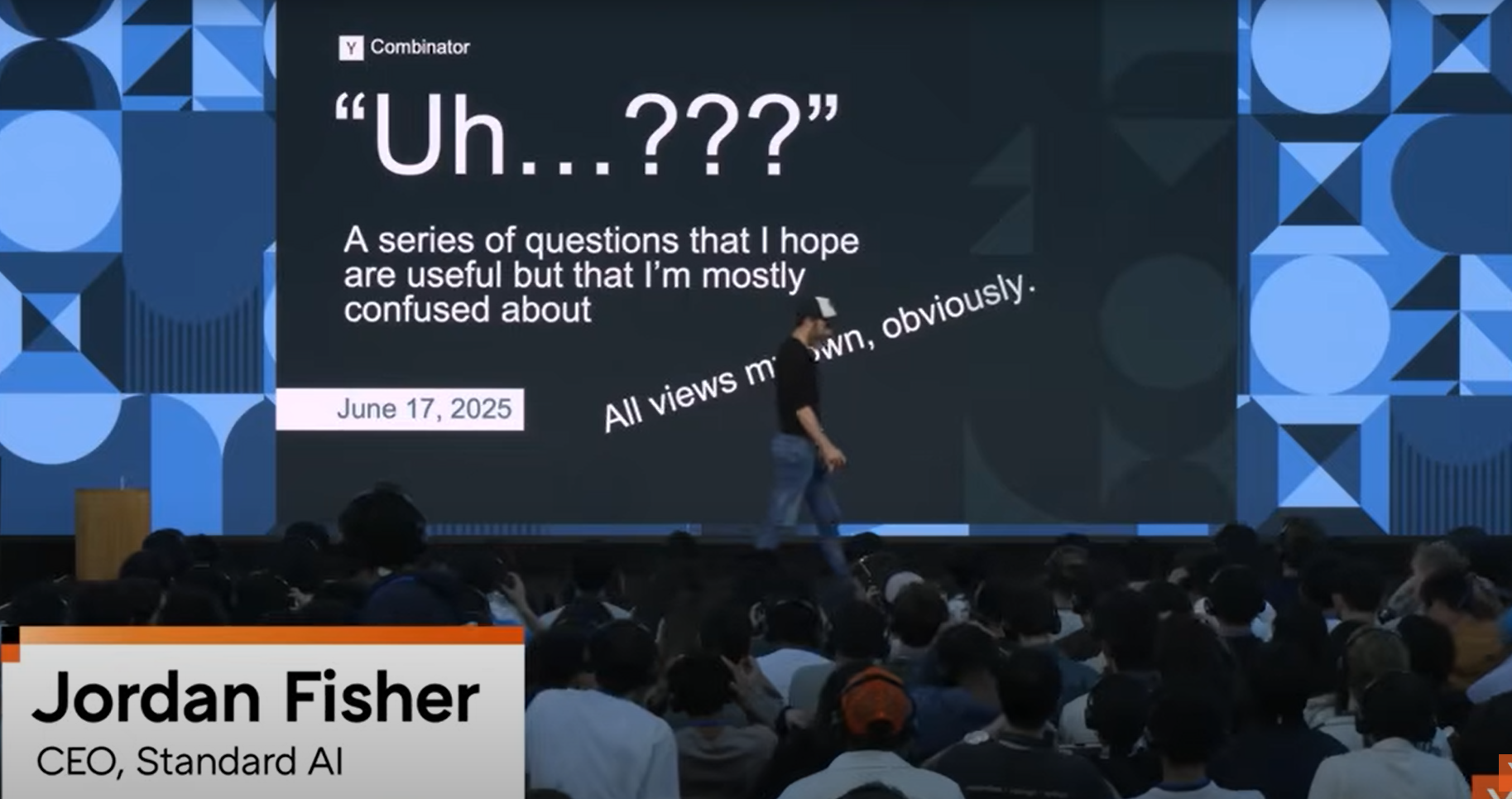




















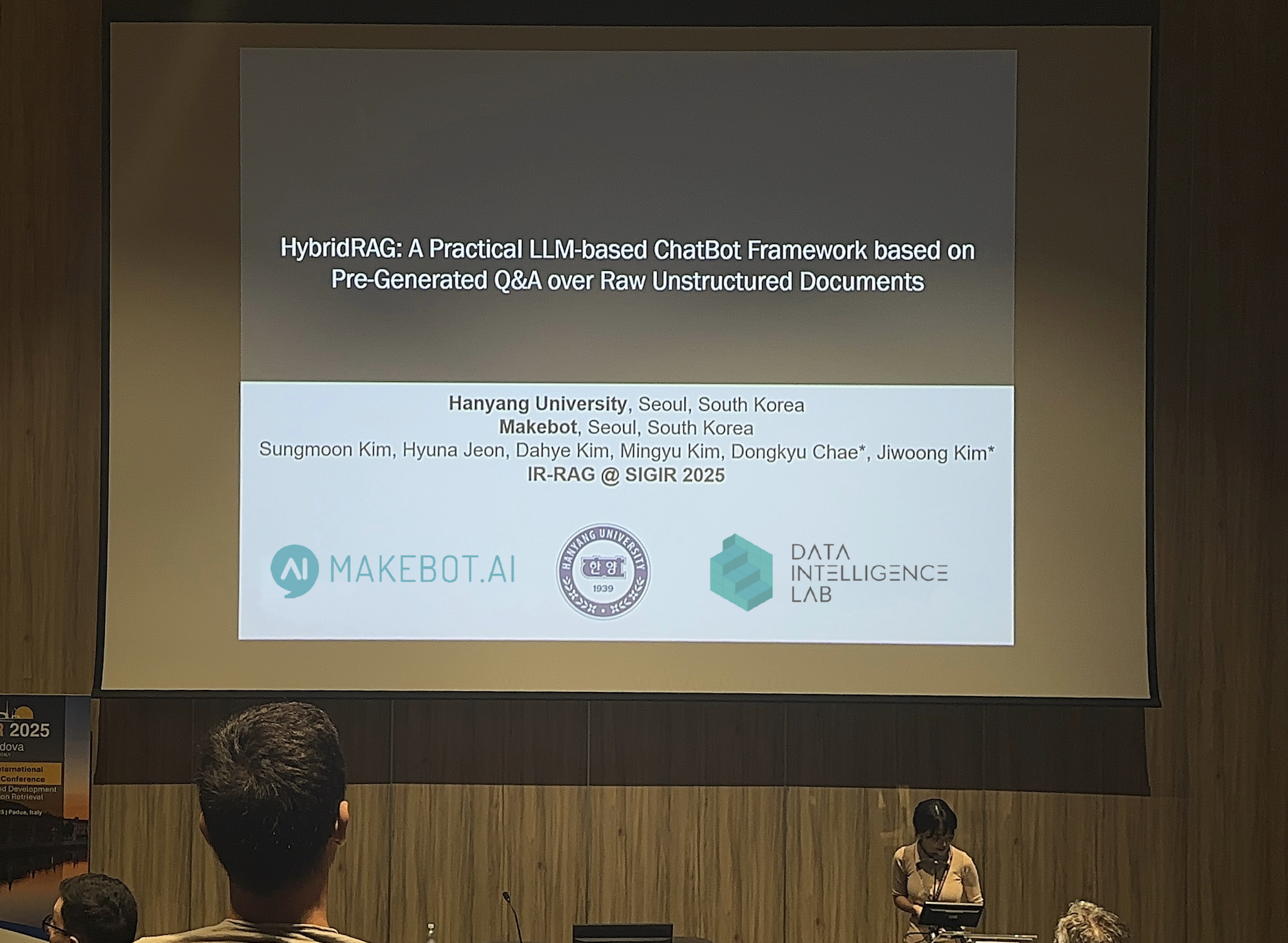









_2.png)


















.jpg)

























